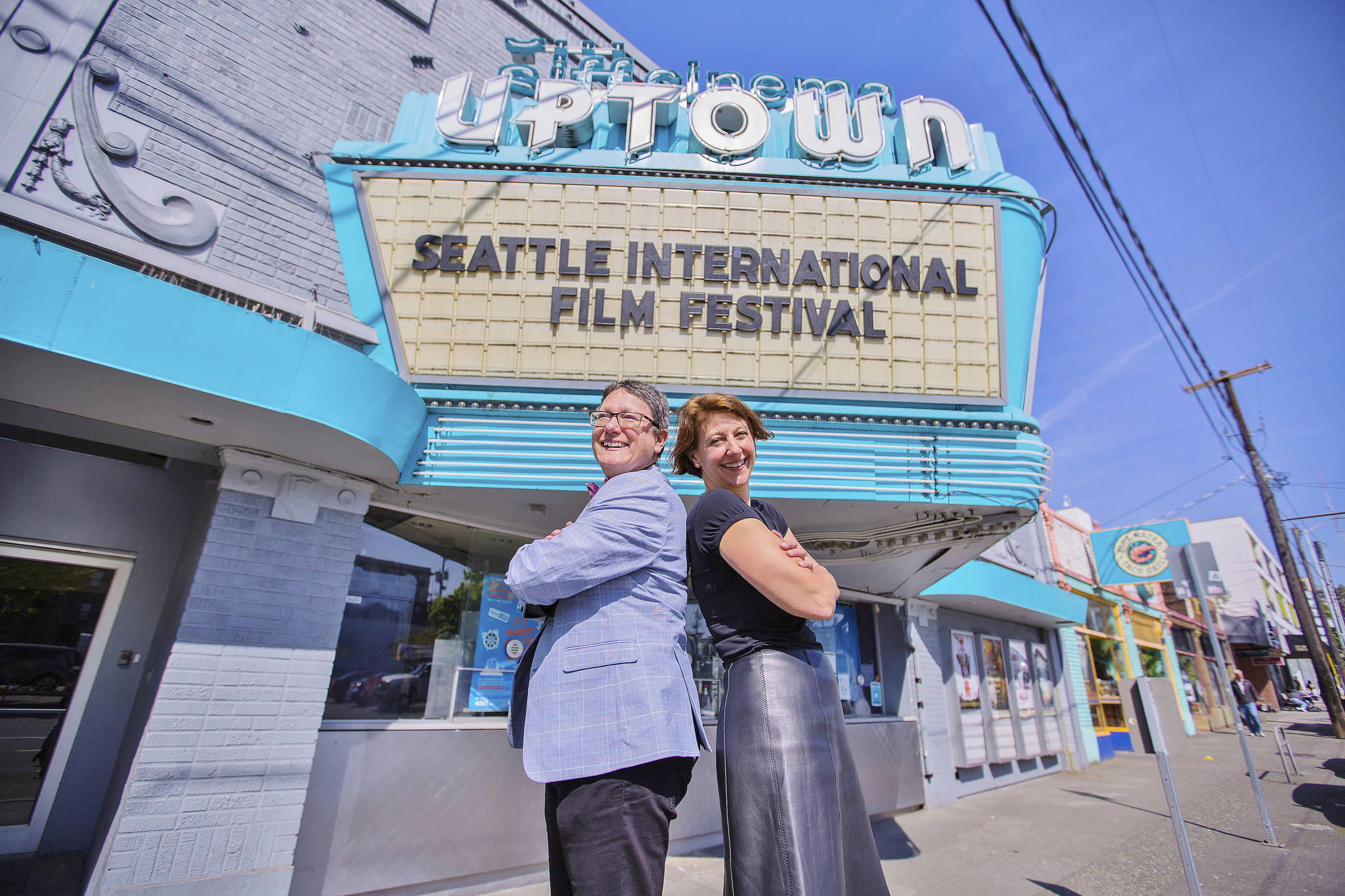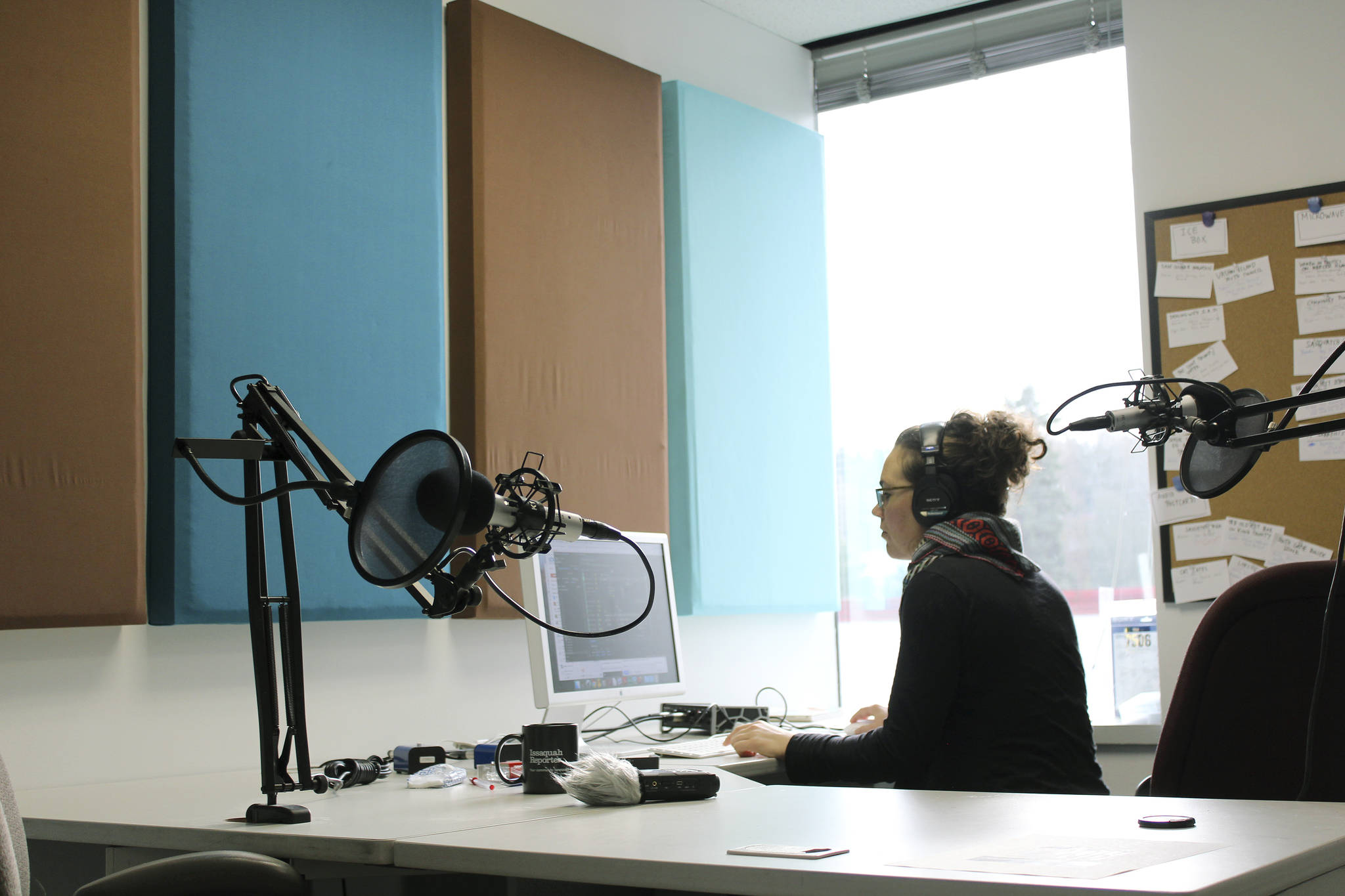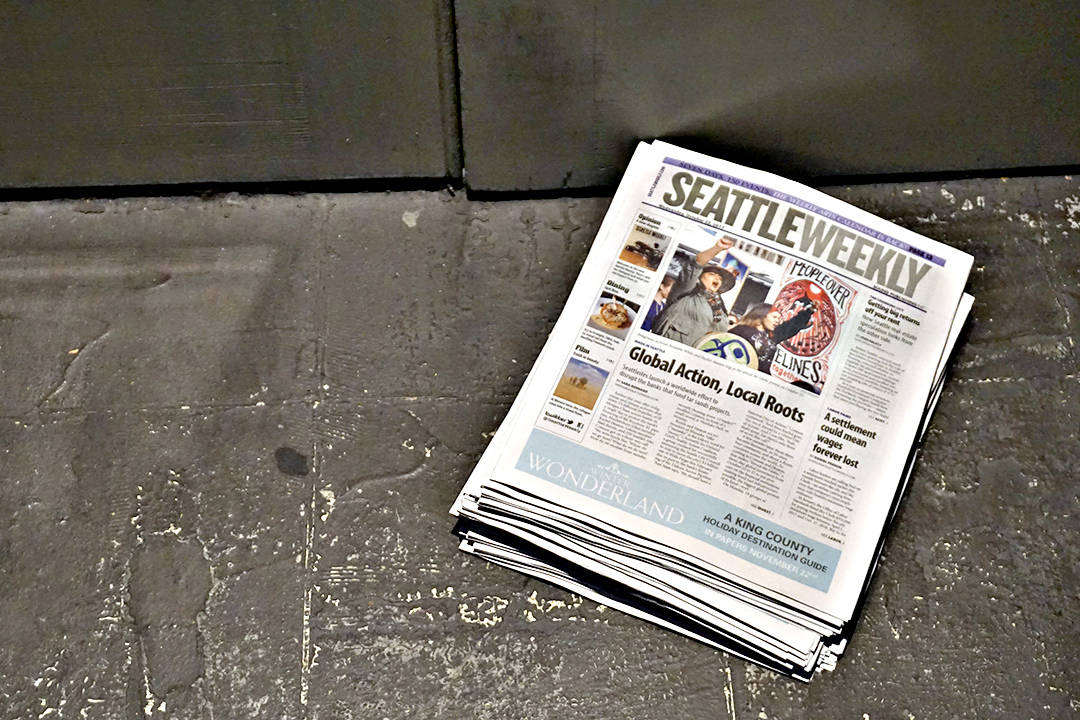As the title indicates, this quasi-documentary starts on its protagonist’s 20,000th day on this planet. That protagonist is Nick Cave and—as the clever title sequence shows in flickering old video from childhood to his days as a frenetic frontman for The Birthday Party and the Bad Seeds—those days have been full and fiery.
After that vivid prologue, Cave awakes on a mundane note in his Brighton bedroom. “I wake, I write, I eat, I write,” he says in his disquieting drawl. Yet as an equal partner in the project with filmmakers Iain Forsyth and Jane Pollard, he divulges only so much about himself: Neither his life story nor his philosophy are easily understood. Rather, this is both a biographical sketch and a fanciful promotional art film, which documents the recording and live performance of 2013’s acclaimed Push the Sky Away. Throughout, Cave maintains his deadpan, oblique sensibility.
It’s a fresh, lyrical, and very welcome take on the well-worn rock-doc genre. 20,000 Days even puts Cave on the therapist’s couch to tease out his story. During this extended scene—shot, like the entire film, in a flattering and dramatic light that gives Cave’s universe a fittingly crisp and sinister air—we learn some secrets (unless they’re more of Cave’s fictions). He tells of his earliest sexual experience, his dalliance with cross-dressing, and the looming and loving presence of his father, who died when Cave was young. Asked what he most fears, he replies, “Losing my memory”—and that’s likely the film’s most important notion: The past informs all his writing.
Later, Cave enters a chamber of memory, his own personal archive where old photos and journals—handled with forceps and gloves—are examined, allowing him to reminisce about past band members and loves, to opine more broadly about the meaning of it all.
His growling narration dominates the film, and Cave is full of well-wrought philosophical axioms. “To act on a bad idea is better than to not act at all,” he says, “because the worth of the idea never becomes apparent until you do it.” Beyond such aphorisms and snippets of memory, viewers may be frustrated by the lack of traditional biography here. But they will never forget this dazzling, dark film. Runs Fri., Sept. 26–Thurs., Oct. 2 at Grand Illusion. Not rated. 97 minutes.
mbaumgarten@seattleweekly.com







